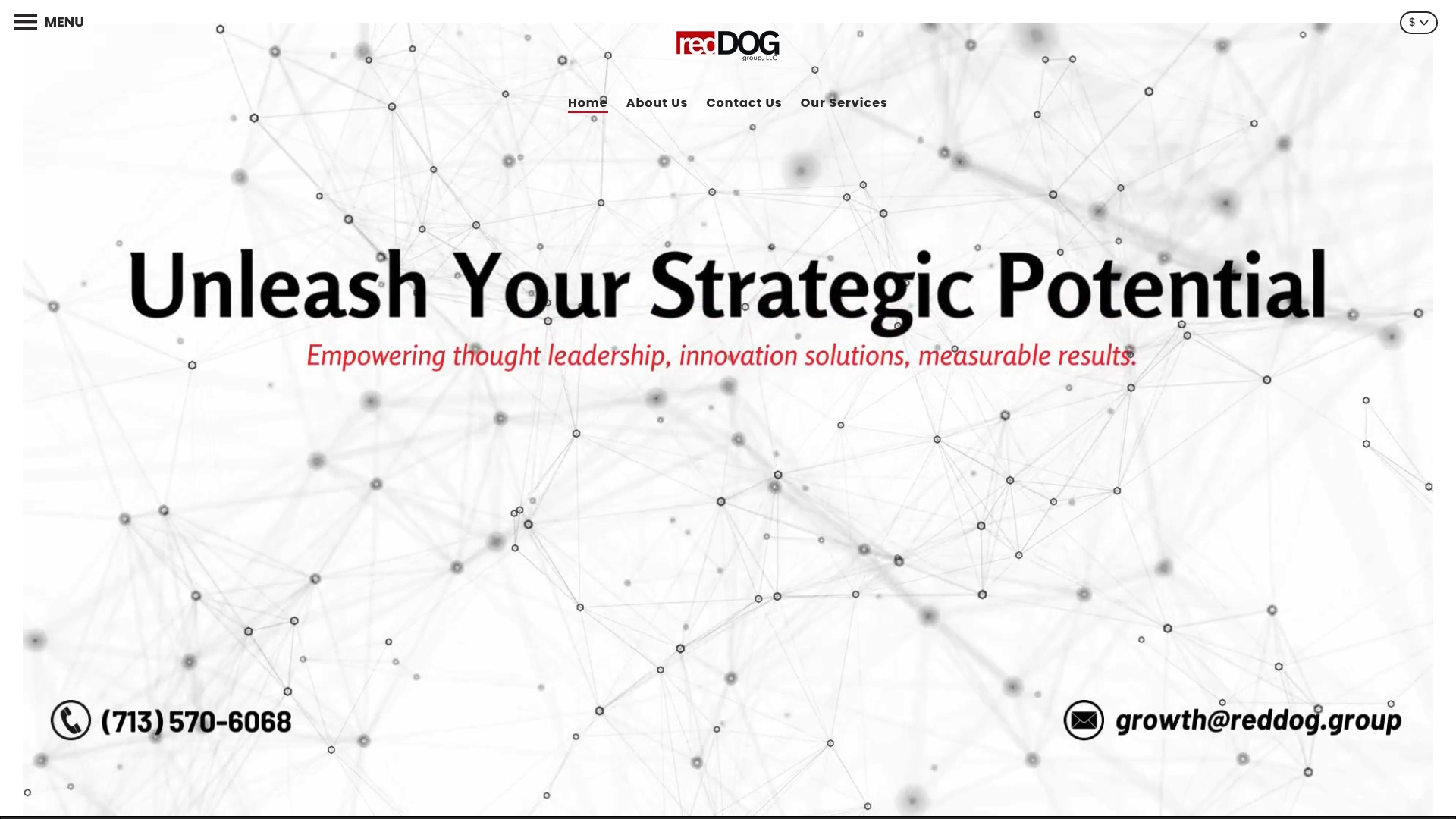
Role of CRM in Ecommerce: Complete Expert Guide
Posted on
Did you know that businesses using CRM systems can increase customer retention by up to 27 percent? Success in ecommerce often hinges on how well you connect with your customers and keep pace with their needs. With technology advancing quickly, understanding CRM’s role in online retail can open doors to stronger relationships, smarter marketing, and improved sales performance.
Key Takeaways
| Point | Details |
|---|---|
| Importance of CRM in Ecommerce | CRM systems are essential for ecommerce businesses to manage customer relationships, optimize interactions, and drive personalized marketing efforts. |
| Types of CRM Solutions | Online retailers should consider operational, analytical, and collaborative CRMs based on their strategic goals to enhance customer engagement. |
| Key CRM Features | Effective CRM features like omnichannel integration and advanced analytics help retailers create targeted customer experiences and improve retention rates. |
| Implementation Considerations | A successful CRM implementation requires proper training, data management, and clear objectives to maximize returns and avoid common pitfalls. |
Table of Contents
- Defining Crm And Its Ecommerce Significance
- Types Of Crm Solutions For Online Retail
- Core Crm Features Driving Ecommerce Growth
- Integrating Crm With Omnichannel Strategies
- Cost, Roi, And Common Implementation Mistakes
Defining CRM and Its Ecommerce Significance
Customer Relationship Management (CRM) represents a strategic approach that transforms how ecommerce businesses understand, engage, and grow their customer relationships. According to Wikipedia, CRM is a comprehensive process designed to manage, analyze, and optimize interactions across multiple communication channels—including websites, email, chat, and social media.
At its core, CRM serves as a powerful data-driven strategy that helps online retailers gain deep insights into customer behavior, preferences, and purchasing patterns. The system consolidates customer information from various touchpoints, enabling businesses to create personalized experiences, predict future buying trends, and develop targeted marketing strategies. These capabilities are particularly crucial in the competitive ecommerce landscape, where understanding individual customer needs can mean the difference between a one-time purchase and long-term brand loyalty.
Key features of an effective ecommerce CRM include:
- Centralized customer data management
- Comprehensive interaction tracking
- Automated communication workflows
- Predictive analytics for customer behavior
- Segmentation and personalization tools
By leveraging CRM technologies, small and medium-sized retailers can level the playing field with larger competitors, creating more meaningful customer connections.
 Learn more about effective ecommerce growth strategies that complement robust CRM implementation and drive sustainable business growth.
Learn more about effective ecommerce growth strategies that complement robust CRM implementation and drive sustainable business growth.
Types of CRM Solutions for Online Retail
In the dynamic world of ecommerce, CRM solutions come in diverse configurations tailored to meet the unique needs of online retailers. These solutions can be broadly categorized into three primary types: operational, analytical, and collaborative CRM systems, each serving distinct strategic purposes for businesses looking to enhance customer relationships and drive growth.
Here’s a comparison of the three main types of CRM solutions for online retailers:

| CRM Type | Primary Focus | Main Benefits |
|---|---|---|
| Operational CRM | Automating customer-facing | Streamlined sales Efficient marketing Improved support |
| Analytical CRM | Data analysis & insights | Customer segmentation Predictive trends Reduced churn |
| Collaborative CRM | Cross-department integration | Unified communication Consistent experience Better internal alignment |
The operational CRM focuses on automating and streamlining customer-facing processes. This type of solution manages core business functions like sales automation, marketing campaign management, and customer service interactions. For online retailers, operational CRMs help track customer inquiries, manage email communications, and create seamless touchpoints across different platforms.
Smaller ecommerce businesses often find these systems particularly valuable for maintaining consistent customer engagement without significant manual intervention.
Analytical CRM takes data-driven insights to the next level, transforming raw customer information into actionable strategic intelligence. These systems dive deep into customer data, revealing complex patterns in purchasing behavior, customer segmentation, and predictive trends. By leveraging advanced analytics, online retailers can:
- Identify high-value customer segments
- Predict future purchasing behaviors
- Design personalized marketing strategies
- Optimize product recommendations
- Reduce customer churn rates
The final category, collaborative CRM, emphasizes cross-functional communication and information sharing across different departments. This approach ensures that customer interactions remain consistent whether a client communicates through sales, support, or marketing channels. Learn more about building an effective omnichannel presence to complement your CRM strategy and create a holistic customer experience.
Core CRM Features Driving Ecommerce Growth
In the competitive world of online retail, CRM features have become the backbone of successful ecommerce strategies. According to QodeNext, modern CRM systems offer a comprehensive suite of tools designed to transform how businesses interact with and understand their customers. These features go far beyond simple contact management, providing a strategic approach to driving growth and building lasting customer relationships.
Customer data management sits at the heart of effective CRM solutions. This feature consolidates critical information across multiple touchpoints, creating a 360-degree view of customer interactions. By centralizing contact details, purchase history, and communication logs, businesses can develop more targeted and personalized marketing approaches. The ability to track and analyze customer behavior becomes a powerful tool for predicting future purchasing patterns and creating more engaging customer experiences.
Key CRM features that drive ecommerce growth include:
- Omnichannel Integration: Seamless connections across web platforms, mobile apps, and marketplace channels
- Automated Communication: Smart email workflows, cart recovery campaigns, and personalized follow-ups
- Advanced Analytics: Real-time reporting and insights into customer behavior
- Personalization Tools: Customized marketing messages and product recommendations
- Lead Management: Tracking and nurturing potential customer interactions
Discover strategies for boosting omnichannel sales that complement these powerful CRM features and drive sustainable business growth. By leveraging these sophisticated tools, small and medium-sized retailers can create more meaningful connections, improve customer retention, and ultimately increase their competitive edge in the crowded ecommerce marketplace.
Integrating CRM With Omnichannel Strategies
Omnichannel integration represents a critical evolution in customer relationship management for modern ecommerce businesses. According to QodeNext, a robust CRM system must connect seamlessly across multiple digital platforms, including websites, mobile apps, social media channels, and online marketplaces like Amazon and eBay. This comprehensive approach ensures that businesses can track and respond to customer interactions consistently, regardless of the engagement point.
Successful integration requires a strategic approach that breaks down traditional communication silos. By implementing a unified CRM system, businesses can create a holistic view of customer journeys, tracking interactions from initial discovery through post-purchase support. This means a customer’s conversation on social media can directly inform their email marketing experience, or their in-app behavior can influence personalized website recommendations. The result is a more cohesive, responsive customer experience that feels intuitive and tailored to individual preferences.
Key considerations for effective omnichannel CRM integration include:
- Unified customer profile management
- Real-time data synchronization across platforms
- Consistent messaging and brand voice
- Seamless transition between communication channels
- Adaptive personalization based on comprehensive interaction history
Discover expert strategies for building a robust omnichannel approach that can transform how your business connects with customers. By embracing a truly integrated CRM strategy, small and medium-sized retailers can compete with larger competitors, offering personalized, responsive experiences that build long-term customer loyalty and drive sustainable growth.
Cost, ROI, and Common Implementation Mistakes
CRM implementation represents a significant strategic investment for ecommerce businesses, requiring careful financial planning and realistic expectations. Small and medium-sized retailers must approach CRM adoption with a comprehensive understanding of potential costs, expected returns, and potential pitfalls that could undermine the entire implementation process.
The financial landscape of CRM solutions varies widely, with pricing models ranging from monthly subscriptions to annual enterprise packages. Smaller businesses might expect to invest anywhere from $50 to $300 per month for basic systems, while more advanced, feature-rich platforms can cost between $500 to $1,500 monthly. These costs typically include software licensing, potential customization, integration services, and ongoing technical support. However, the true measure of a CRM’s value lies not in its upfront cost, but in its ability to generate measurable business improvements.
Common implementation mistakes that can derail CRM effectiveness include:
- Insufficient staff training and change management
- Poor data migration and cleansing strategies
- Overlooking system integration capabilities
- Selecting overly complex solutions
- Neglecting ongoing system optimization
- Failing to define clear implementation objectives
Explore comprehensive strategies for digital transformation that go beyond simple CRM implementation. By understanding potential challenges and developing a strategic approach, businesses can maximize their CRM investment, transform customer relationships, and create sustainable growth pathways that deliver tangible returns on their technological investments.
Unlock Ecommerce Growth With CRM-Powered Expertise
Are you struggling to turn customer data into real business results? Many ecommerce brands face challenges managing fragmented customer interactions, adapting to multiple marketplaces, and building a unified omnichannel presence. This article highlighted the importance of CRM solutions for customer data management, predictive analytics, and seamless integration across all your sales channels. But knowing is only the beginning.
At Reddog Group, we help small and medium-sized businesses move from insight to action. Our Digital & Business Consulting Services specialize in CRM implementation, omnichannel retailing, and marketplace optimization. If you want to avoid missed opportunities, prevent costly CRM mistakes, and accelerate your revenue growth, our expert team is your growth partner.

Ready to transform your ecommerce operations and build real relationships that boost repeat sales? Visit Reddog Group and explore our proven solutions. Discover how our tailored consulting helps you connect your ecommerce platforms, Amazon FBA, DTC channels, and more for sustainable market advantage. Do not wait if you want to see meaningful improvements this quarter. Take the next step with Reddog Group’s expert support.
Frequently Asked Questions
What is CRM and how does it benefit ecommerce?
CRM, or Customer Relationship Management, is a strategic approach that helps ecommerce businesses manage and analyze customer interactions. It benefits ecommerce by providing insights into customer behavior, enabling personalized experiences, and improving marketing strategies to drive customer loyalty and growth.
What are the main types of CRM solutions suitable for online retailers?
The three main types of CRM solutions for online retailers include operational CRM, analytical CRM, and collaborative CRM. Operational CRM automates customer-facing processes, analytical CRM provides data analysis for insights into customer trends, and collaborative CRM focuses on cross-department integration for consistent communication.
What key features should an effective ecommerce CRM have?
An effective ecommerce CRM should include customer data management, omnichannel integration, automated communication workflows, advanced analytics, personalization tools, and lead management. These features help businesses engage customers more effectively and drive growth.
How can CRM be integrated with omnichannel strategies?
CRM can be integrated with omnichannel strategies by ensuring a unified customer profile management system, real-time data synchronization, consistent messaging, and seamless transitions between different communication channels. This integration enhances the customer experience and fosters loyalty by providing a cohesive interaction across platforms.
Recommended
Contact
1500 Hadley St. #211
Houston, Texas 77001
growth@reddog.group
(713) 570-6068
Marketplaces
Amazon
Walmart
Target
NewEgg
Shopify

Leave a comment: